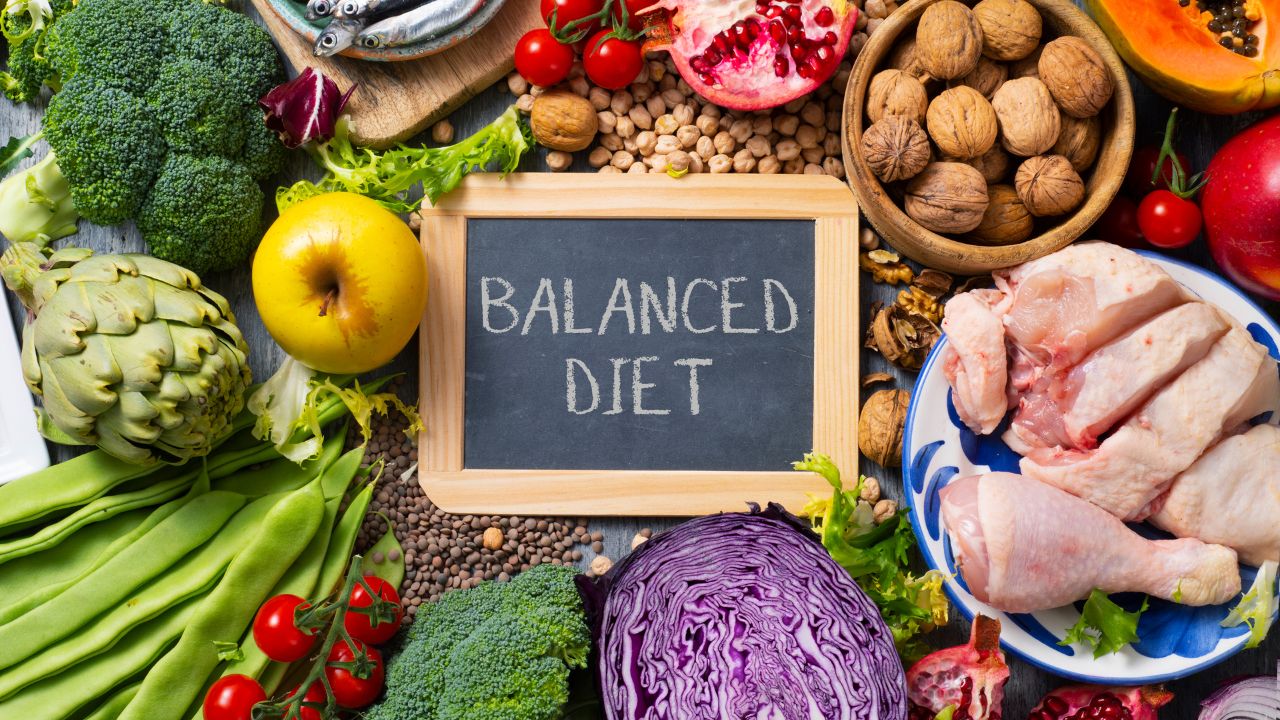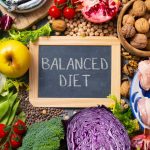- Optimal Nutrition: A balanced diet provides the body with all the necessary nutrients, vitamins, and minerals to function properly. This includes carbohydrates, proteins, fats, fiber, and a variety of essential micronutrients.
- Boosts Energy: A balanced diet helps to maintain energy levels throughout the day, which is essential for physical and mental performance.
- Supports Healthy Weight: A balanced diet can help with weight management, as it provides a feeling of fullness and satisfaction, reducing the likelihood of overeating or undereating.
- Reduces Chronic Disease Risk: A balanced diet has been shown to reduce the risk of chronic diseases, such as heart disease, diabetes, and certain types of cancer.
- Promotes Healthy Skin: A balanced diet rich in antioxidants and essential fatty acids can help to promote healthy skin and reduce the signs of aging.
- Supports Mental Health: A balanced diet has been linked to improved mental health, including reduced symptoms of depression and anxiety.
- Supports Bone Health: A balanced diet rich in calcium and vitamin D can help to support bone health and reduce the risk of osteoporosis.
- Promotes Healthy Gut Bacteria: A balanced diet rich in fiber and other nutrients can help to promote healthy gut bacteria, which is essential for immune function and overall health.
- Reduces Inflammation: A balanced diet rich in antioxidants and omega-3 fatty acids can help to reduce inflammation in the body, which is associated with various chronic diseases.
- Supports Immune Function: A balanced diet provides the necessary nutrients to support immune function, helping to prevent illnesses and infections.
Here are some original balance diet ideas:
- Mediterranean Diet: Focus on whole grains, fruits, vegetables, lean proteins, and healthy fats, such as those found in olive oil.
- Plant-Based Diet: Focus on whole plant-based foods, including fruits, vegetables, legumes, and whole grains.
- DASH Diet: Focus on whole grains, fruits, vegetables, lean proteins, and low-fat dairy products.
- Flexitarian Diet: Focus on whole plant-based foods with occasional inclusion of lean meats and fish.
- Portion Control Diet: Focus on controlling portion sizes to maintain a healthy weight and reduce the risk of chronic diseases.
Some original balance diet tips:
- Eat a rainbow: Include a variety of colorful fruits and vegetables in your diet to ensure you’re getting a range of essential nutrients.
- Incorporate healthy fats: Nuts, seeds, avocados, and olive oil are all great sources of healthy fats that can help to support heart health and satisfy hunger.
- Cook from scratch: Cooking meals from scratch using whole ingredients can help to reduce the risk of chronic diseases and ensure you’re getting the nutrients you need.
- Drink plenty of water: Aim to drink at least eight glasses of water per day to help to support overall health and hydration.
- Limit processed foods: Try to limit your intake of processed foods, which are often high in added sugars, salt, and unhealthy fats.
Remember that everyone’s nutritional needs are different, so it’s essential to consult with a healthcare professional or registered dietitian to determine the best balance diet for your individual needs.




